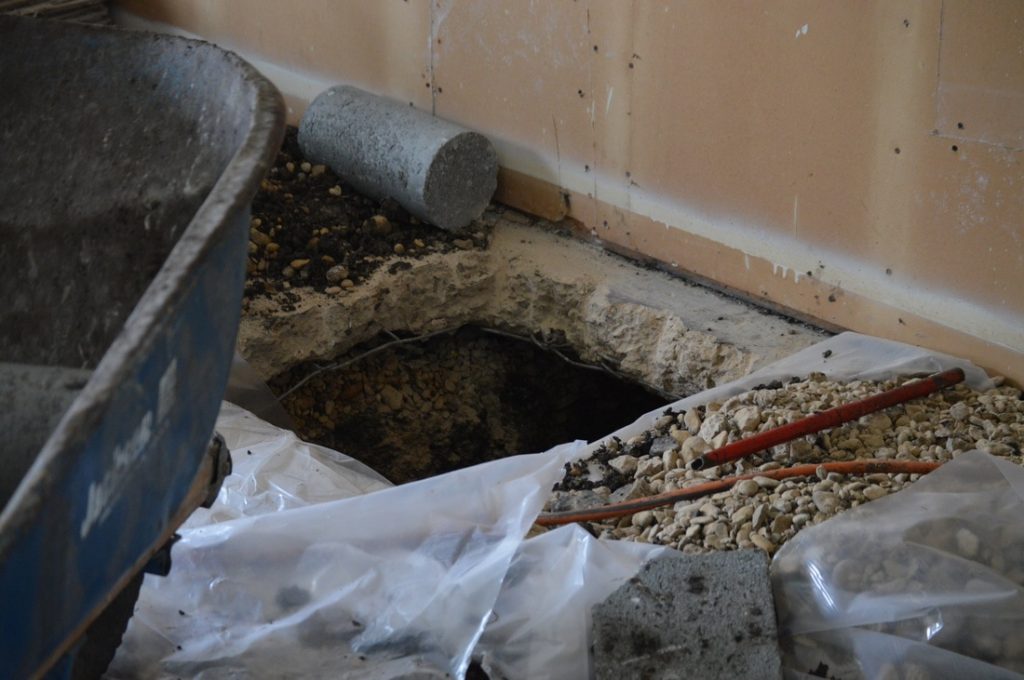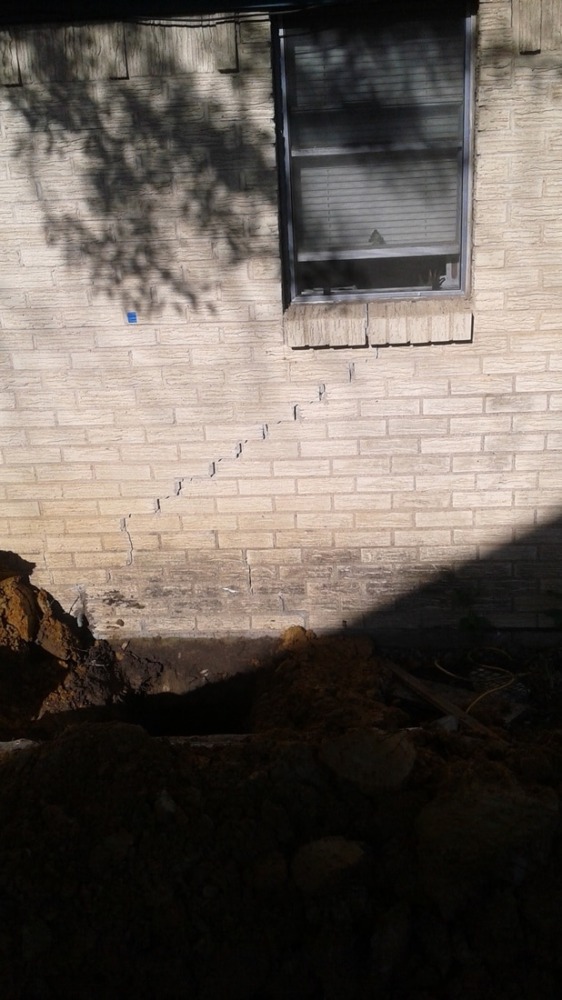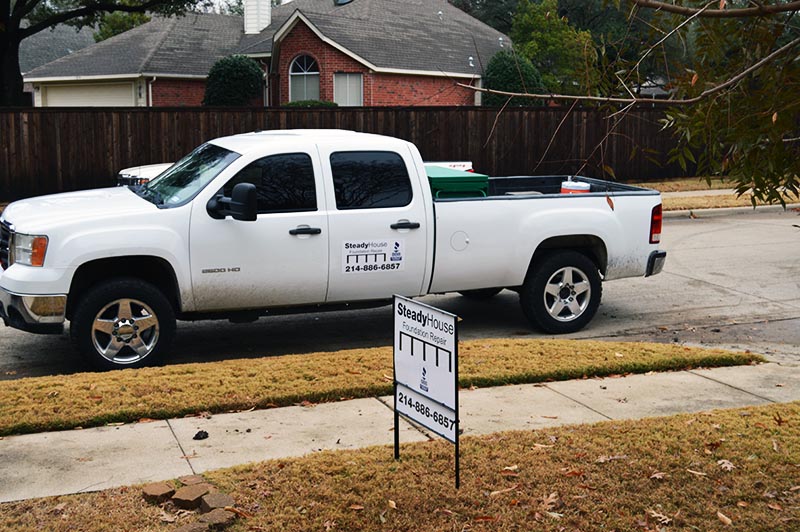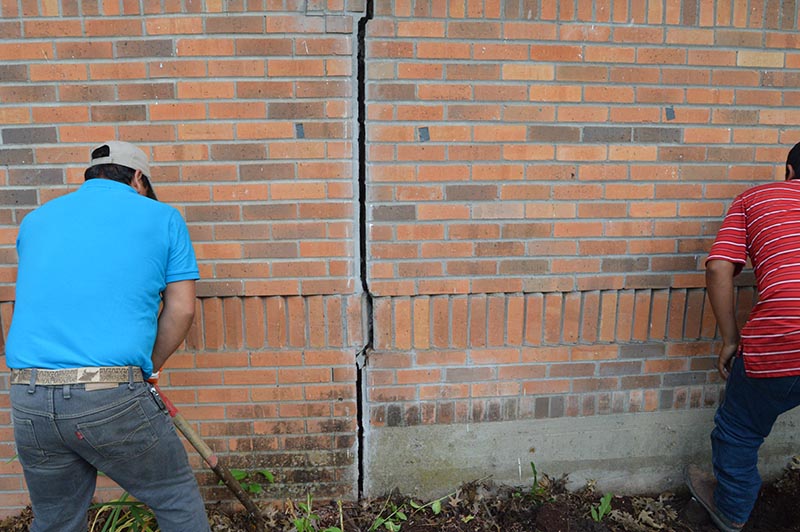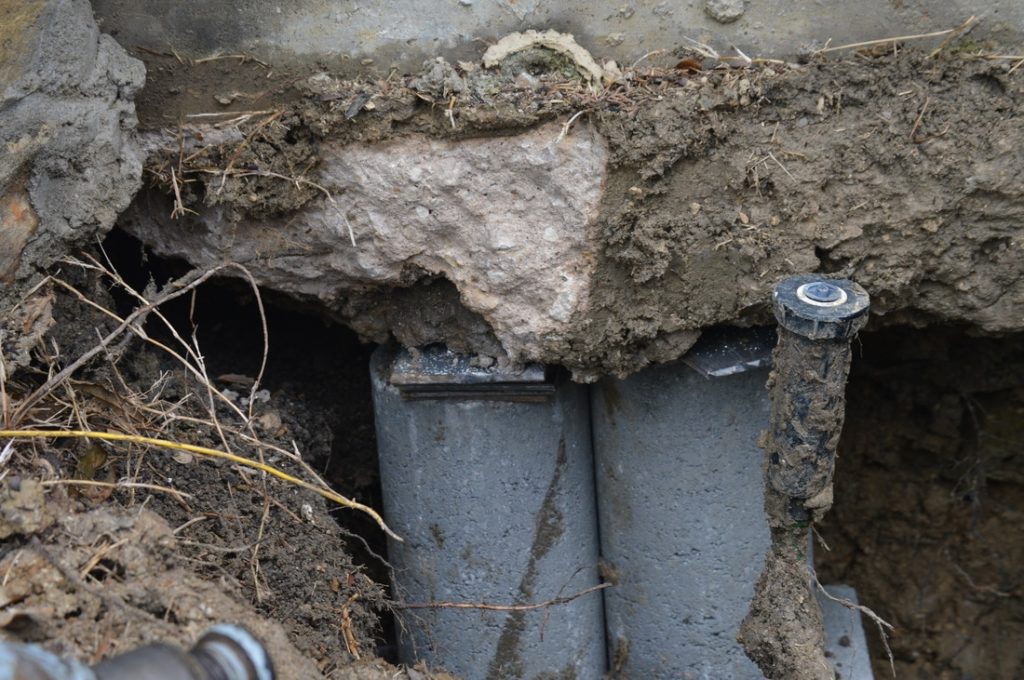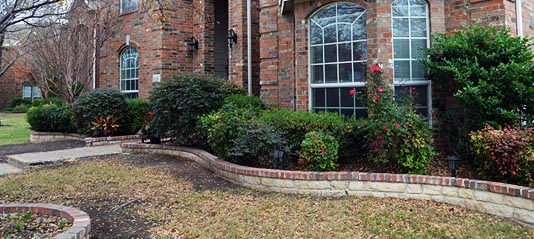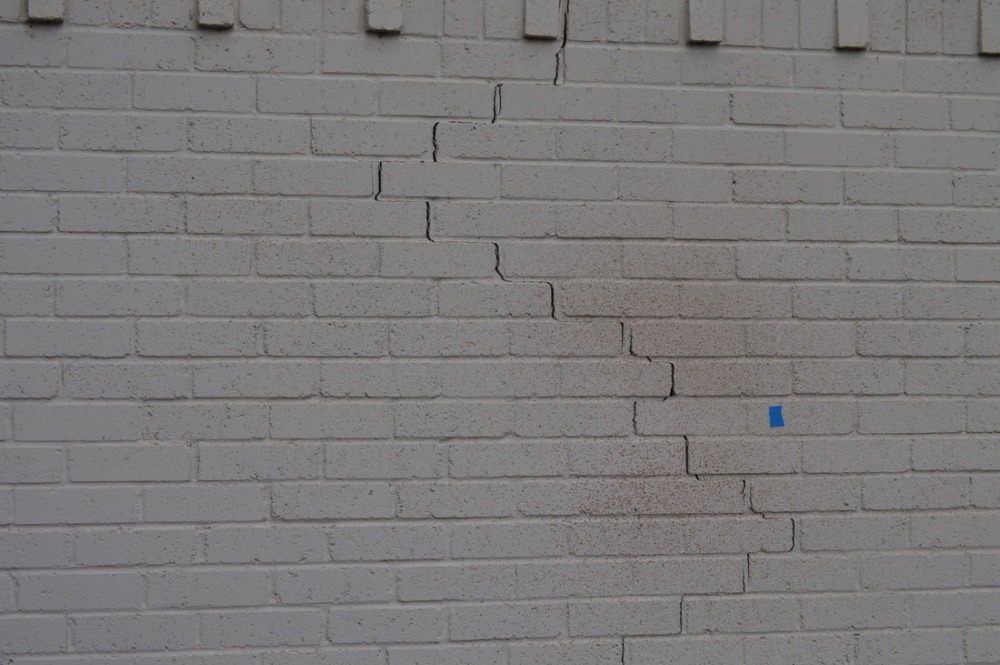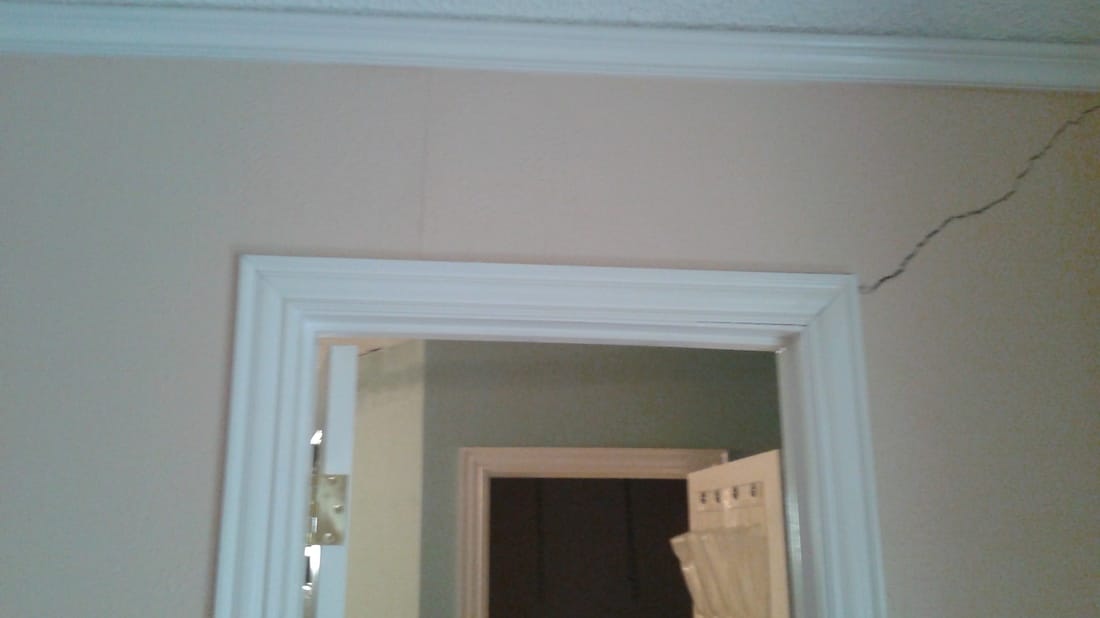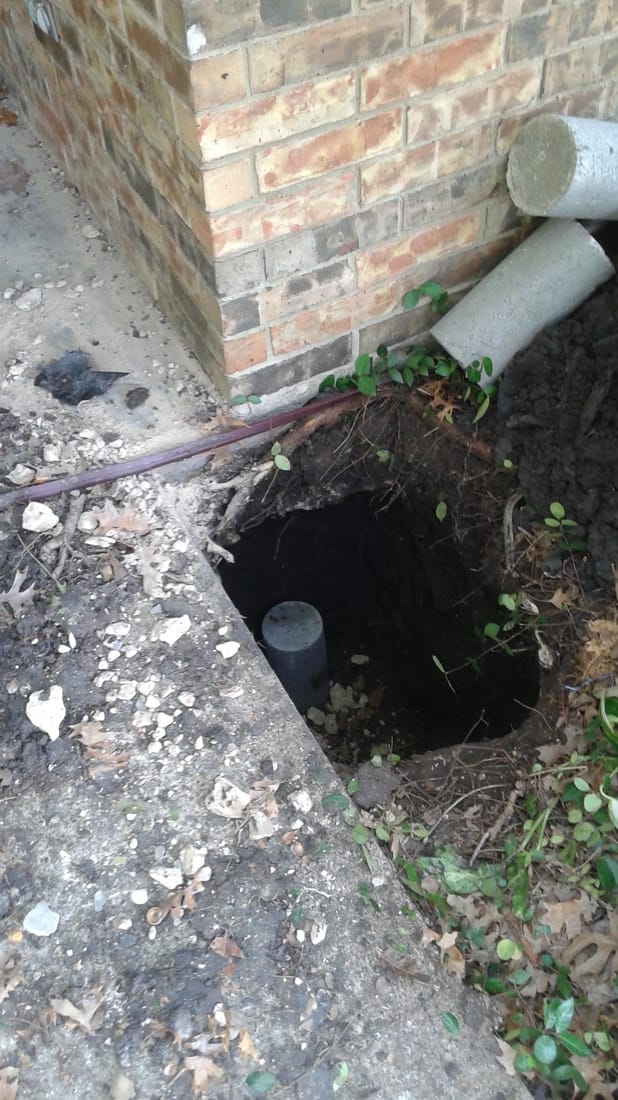A pier and beam foundation is a type of foundation in which piers are placed deep within the soil, and beams are laid across the piers to carry the weight of a house. The piers for these foundations can be made out of either concrete or wood, and they have been a popular type of residential foundation for many years due to their strength, stability, and due to the fact that raised foundations make it easy to add additional plumbing and electrical underneath a home down the road. However, even though pier and beam foundations are a sturdy foundation option, over time foundation damage can occur. If you have discovered foundation damage in your home and you have a pier and beam foundation, you may be wondering what caused this damage; here are a few of the most common causes of pier and beam foundation damage.
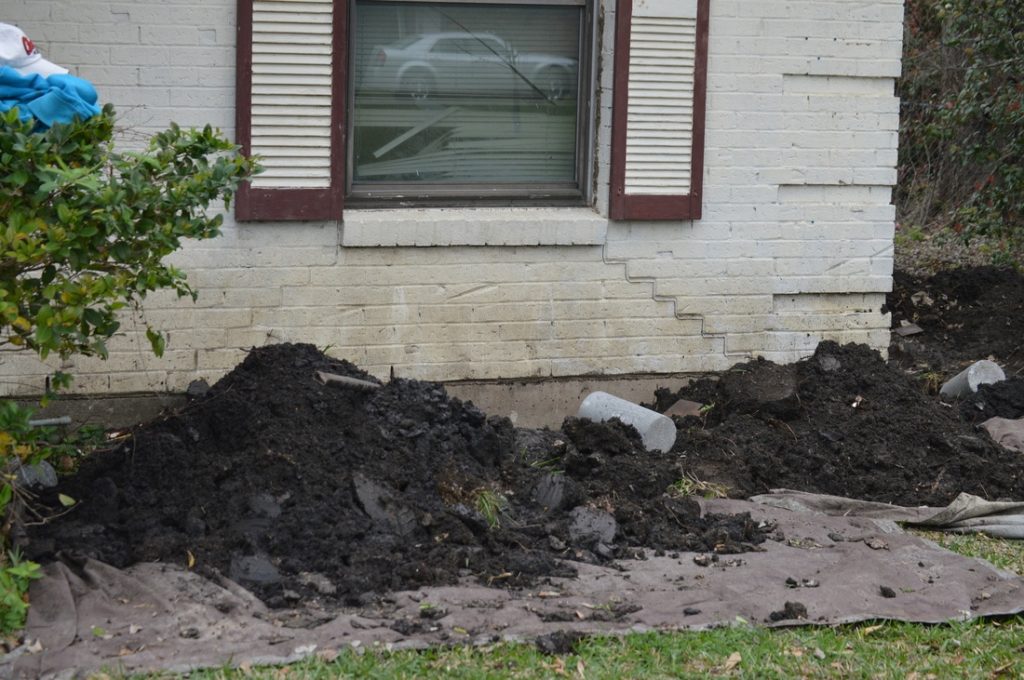
Insufficient Drainage
One of the most common culprits of damage to pier and beam foundations is improper drainage. If you do not have sufficient drainage under your home, rainwater and other moisture can accumulate there. This can not only cause water damage to your piers, but it can also cause the soil underneath your home to shift which can further destabilize your foundation. If you have ever noticed standing water in the crawl space underneath your home, you should consider having drainage added to prevent future damage. Overall, moisture is deadly to foundations, and you should consider having your foundation inspected if your crawl space floods, or if you notice excessive moisture underneath your home.
Insect Damage
Another common cause of damage to pier and beam foundations is insects. Termites, carpenter ants, and other pests can take root in your crawl space and cause damage to your piers and beams, causing critical damage that can threaten the structural integrity of your home. This makes it imperative that you regularly inspect your crawl space for signs of pests, and that you call an exterminator and a foundation inspector if you notice carpenter ants or termites in and around your home.
It is important that when you have a damaged pier and beam foundation repaired that you know what the cause of the damage was, as this will allow you to address the cause of the problem. If you do not address the cause of the foundation damage, you will be likely to encounter foundation damage again in the near future. Contact us to learn more about pier and beam foundations including how you will know when your foundation is in need of repair.

